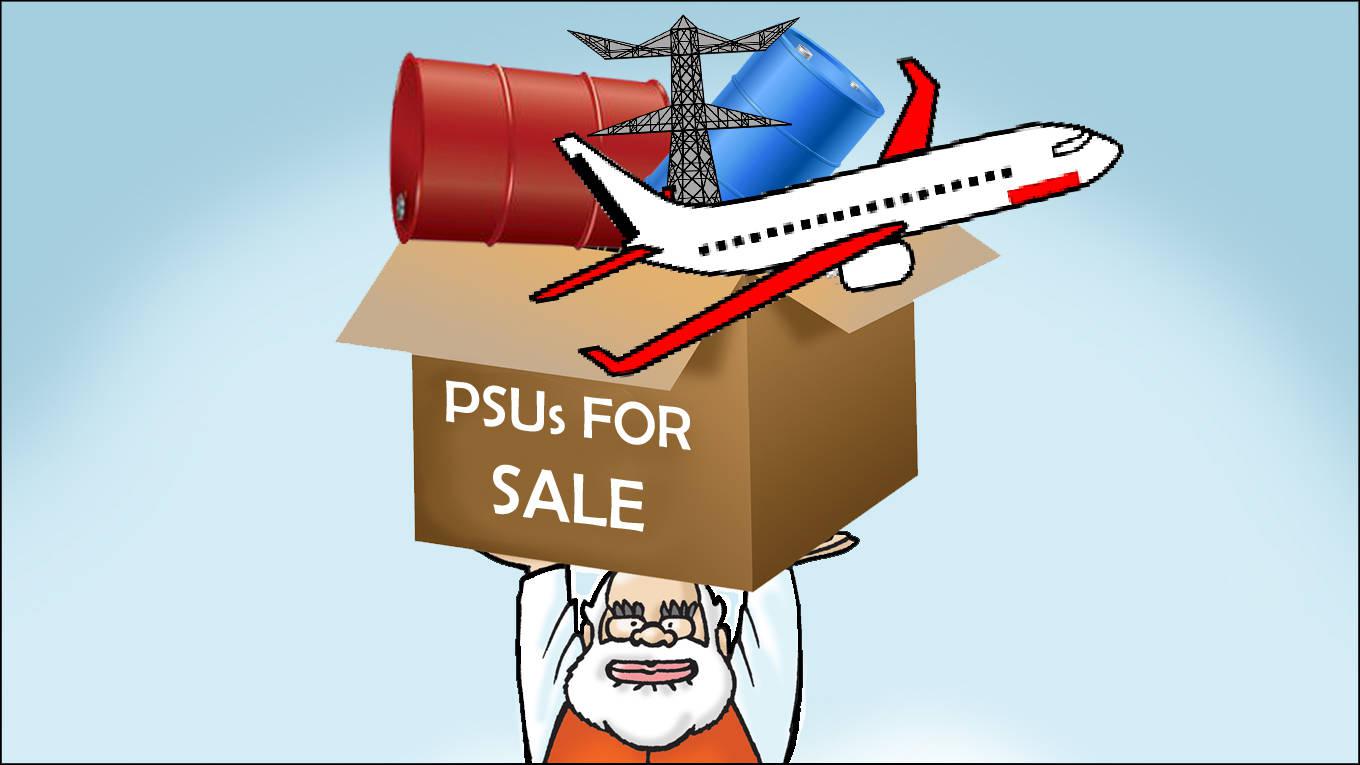The enthusiastic response evoked to the recent PSUs should be an eye-opener to the government. The more recent one being Mazgaon Shipyard, which got oversubscribed by more than 150 times. Earlier in 2019, the responses to IRTCT and prior to that, the IPOs of RITES and IRCON International, were also overwhelming. In 2020, SBI Card & Payment Services raised upward of Rs10,000 crore and were oversubscribed by 23 times. The point is that there is an insatiable appetite for good PSU issues. The government should take advantage of the heightened interest during the pandemic to try and rush through more issues to ensure that at least Rs40,000-50,000 crore is raised in the current financial year. Government cannot wait, ad infinitum, to get the right price and the right strategic buyers. The stock markets are close to their all-time highs and the government needs to act fast. The problem is that whenever the government declares its intention to privatise companies, the stock market beats down the prices. Take the case of BPCL and HPCL. The privatisation of these two refineries has been mooted since the late prime minister Vajpayee’s time in early 2000. The impediment of amending the law in the case of BPCL, as was mandated by the Supreme Court, was also done by Narendra Modi’s government in the current term, nearly 12 months ago. A year ago, the share prices were quoting at well above Rs500, with the shares hitting a 52-week high of Rs549 with a total market cap of over Rs1 lakh crore. Currently, the shares are quoted at around Rs333, nearly 40 per cent below their 52-week high. There has been a sharp erosion in the asset prices but does the government need to resort to selling assets at bargain basement rates? Putting up a refinery with infrastructure the size of BPCL, for instance, may not be possible without spending at least Rs2,10,000 crore ($30 billion) upward. BPCL processes crude of more than 31 mtpa through its refineries. BPCL itself holds a majority stake in Bina Refinery, which is another 30 million tonnes. It would be criminal to sell BPCL to a strategic partner at this rate. What the government can consider is to begin selling BPCL’s stake in some listed and unlisted companies. In Petronet LNG, BPCL’s 12.5 per cent stake is valued at close to Rs4,000 crore. In Indraprastha Gas, another listed company, its 22.5 per cent stake can easily fetch close to Rs6,000 crore. It has stakes in other unlisted companies like in the city gas distribution pipelines, CNG and LNG gas for transport and industrial uses. If the stake of the five JVs, Sabarmati Gas, MP Gas, Haridwar Gas, Central UP, Goa Gas and Maharashtra Gas is clubbed into one holding company, the investments in the gas distribution business would be valued at multiple times their costs, and the enterprise value of those companies could easily be around Rs20,000 crore. Dribbling out a small stake in the consolidated gas business and setting up retail stations can be considered.
-

Illustration: Panju Ganguli

































